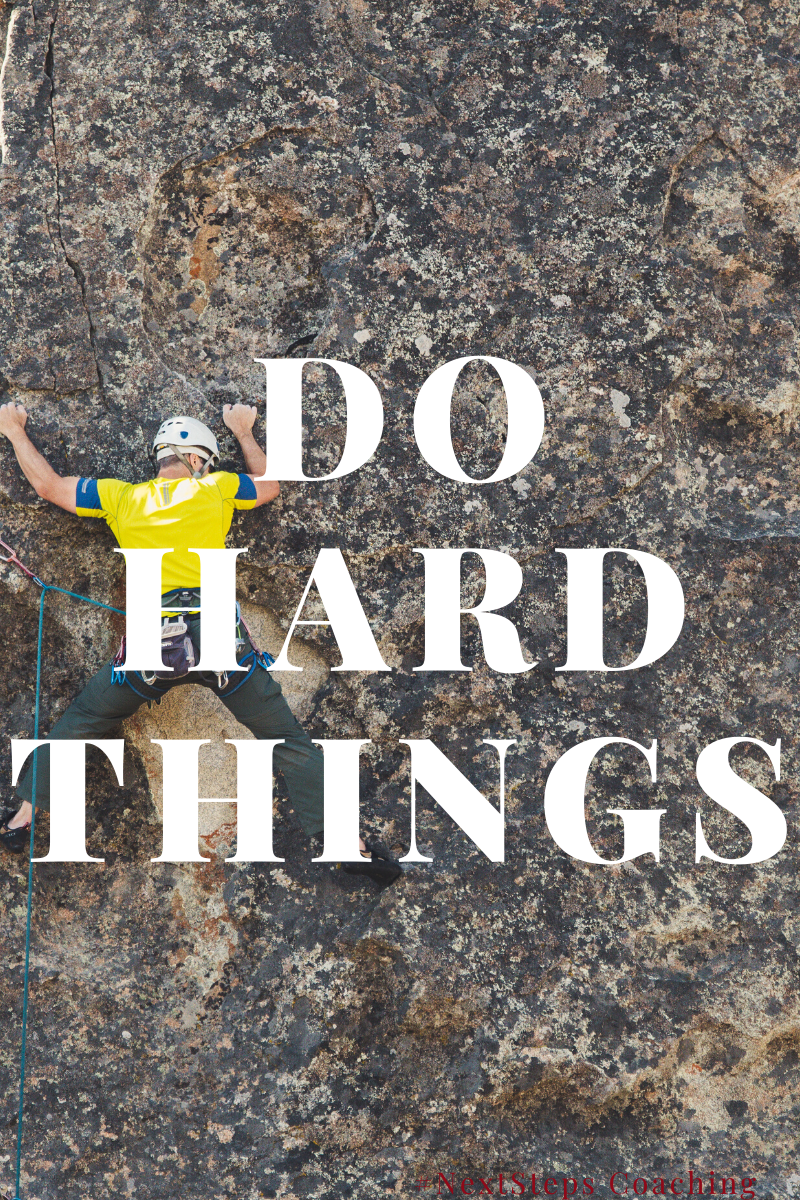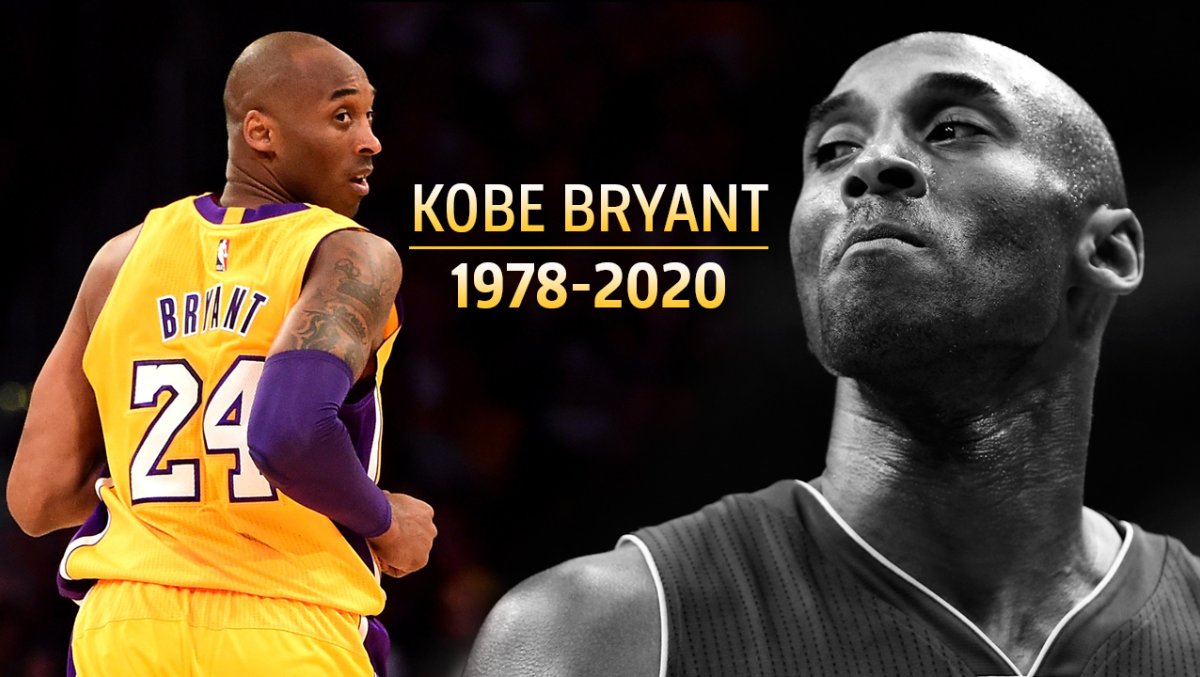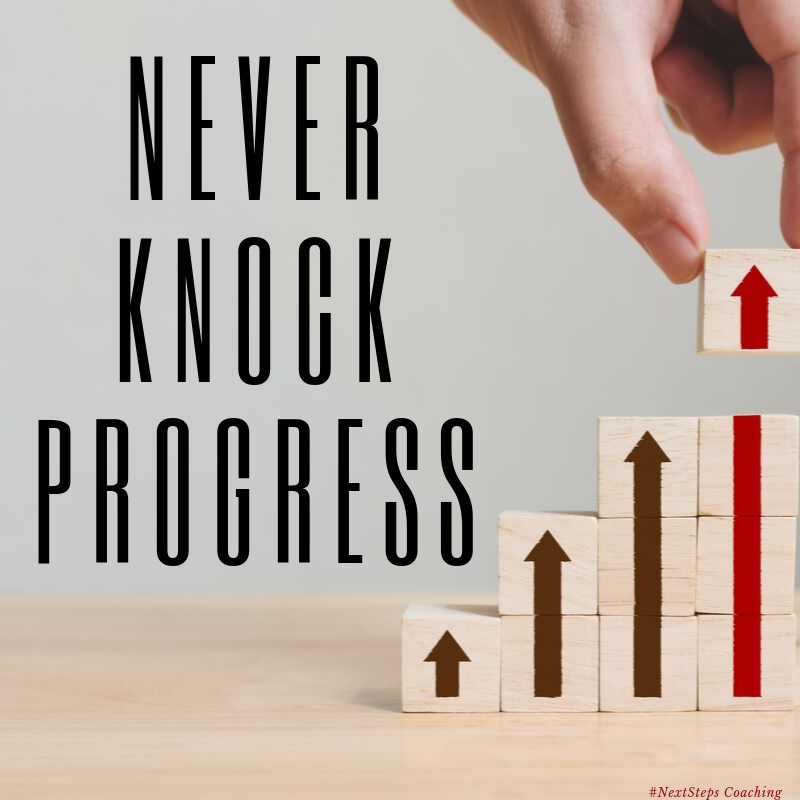
One of the common phrases in our house is, “Do hard things!”
It’s a call. A challenge. To our kids, but also to the adults. Life requires, necessitates difficulty. We should rise to the occasion.
Do Hard Things
Life is full of the difficult.

When we’re young, learning to walk is hard. Yet without knowing any better, our natural instinct is to persevere. We fall, we rise again, and we take another step.
Somewhere along the way, however, we get talked out of that mindset. We learn to shrink back, play small, give in, and give up. Ultimately, we end up missing out on some of the greatest aspects of life.
Because everything we’ve ever wanted is on the other side of fear. Our ability to push through, rise to the occasion, and achieve the difficult things, determines how far we get in life.
Don’t Run From Hardship
One writer from the early church history penned the idea of difficulty this way:
Don’t run from tests and hardships, brothers and sisters. As difficult as they are, you will ultimately find joy in them; if you embrace them, your faith will blossom under pressure and teach you true patience as you endure. And true patience brought on by endurance will equip you to complete the long journey and cross the finish line—mature, complete, and wanting nothing. If you don’t have all the wisdom needed for this journey, then all you have to do is ask God for it; and God will grant all that you need. He gives lavishly and never scolds you for asking. (The Voice)
We were warned thousands of years ago about the necessity of doing difficult things in life. From cleaning our rooms to forgiving someone who offends us, the message is the same: do hard things!
Got a side-hustle you want to be your full-time gig? Do Hard Things.
Looking to advance in your career and get a promotion? Do Hard Things.
Discovering the need to be a better parent, spouse, or lover? Do Hard Things.
Trying to lose ten, fifteen, for fifty pounds? Do Hard Things.
Convicted to swallow your pride and ask for forgiveness? Do Hard Things.
A Call For Growth
Ultimately, this is a call for growth. For all of us. We are presented each and every day with the chance to grow and get better.
For my son, it’s cleaning his room, engaging in his math homework, and being nice. (Even when his little brother is legitimately being annoying).
For me, it’s putting in the focused effort on the right action items every day. Ignoring distraction, feeding my quest for self-improvement, and growing a business.
For you, it might be something different. Maybe it’s to put the phone down and engage with the family. Perhaps your growth point is to finally start that business venture that has you so scared (I can help). Maybe there’s that small voice that is urging you to show up, to speak up, and to act for justice.
Whatever it is. Embrace the call. Press into that feeling. Rise to the occasion.







